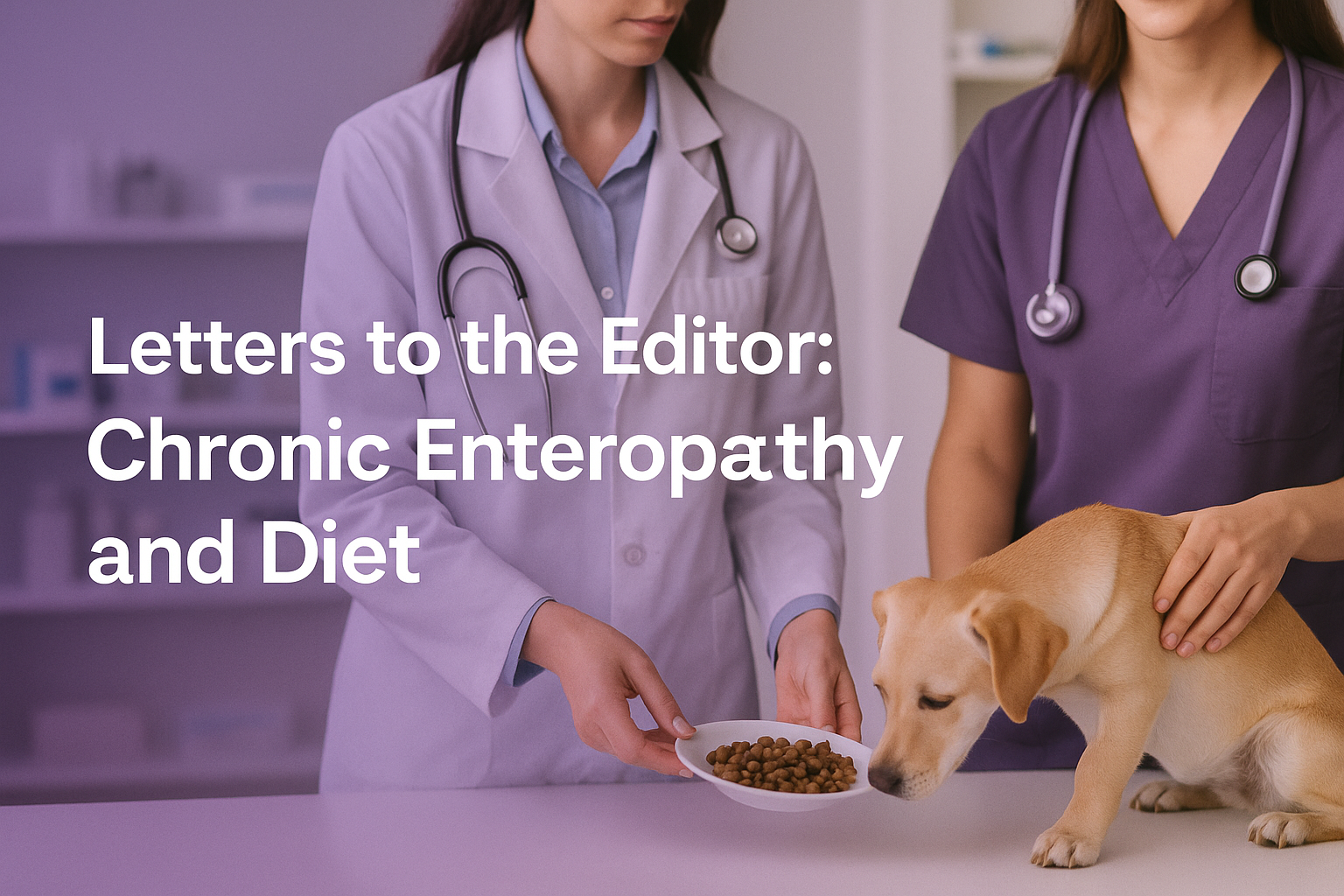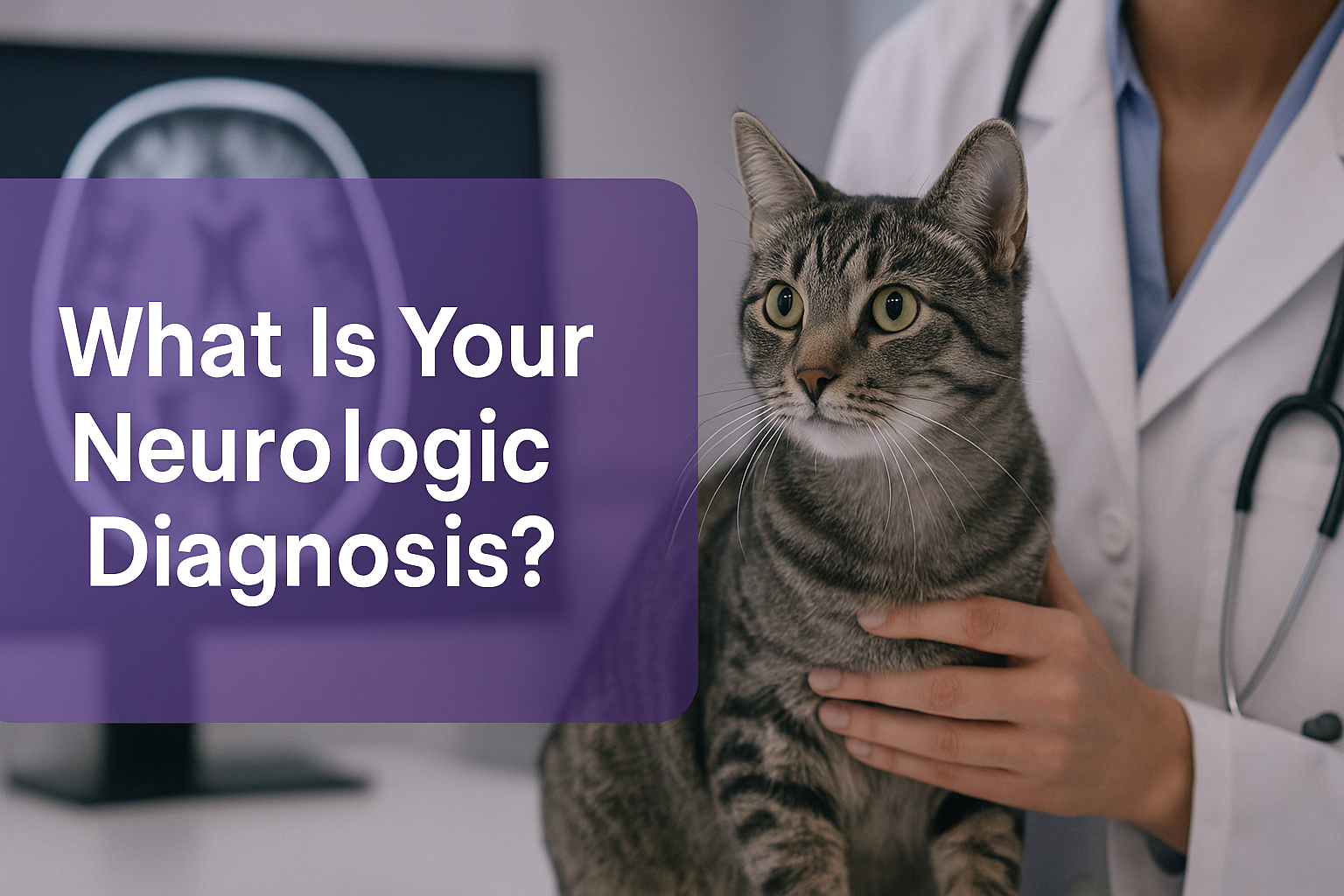What are the Benefits of Seeing a Small Animal Internal Medicine Specialist?
Veterinary internal medicine specialists—commonly called internists—are highly trained and equipped to tackle complex, chronic, or life-threatening conditions in pets. With access to advanced diagnostics like ultrasounds, endoscopy, CT scans, and specialized blood or tissue analyses, they expertly diagnose and manage ailments ranging from metabolic and kidney diseases to infections, liver disorders, digestive issues, and bleeding disorders. Internists stay current with the latest research and collaborate closely with your primary vet to provide the most effective, comprehensive care for your pet.
What is a Gallbladder Mucocele?
A gallbladder mucocele occurs when thickened bile and mucus accumulate in the gallbladder, potentially causing enlargement, blockage, or rupture. This condition is increasingly diagnosed in dogs—especially those with Cushing’s disease, hypothyroidism, high cholesterol, or certain breeds like Shelties and Cocker Spaniels. Symptoms often include vomiting, decreased appetite, lethargy, and abdominal discomfort. Diagnosis typically relies on abdominal ultrasound, while treatment options range from ursodiol therapy to surgical removal of the gallbladder. When managed properly—either medically or surgically—many pets go on to live normal lives.
Epilepsy in dogs five years of age and older: 99 cases (2006–2011)
This study reviewed 99 dogs aged five years and older with epilepsy, revealing that up to 45% had primary (idiopathic) epilepsy—even though many practitioners assume new-onset seizures in older dogs always indicate serious brain disease. It also demonstrated that nearly half of dogs with normal neurologic exams still had structural brain pathology, underscoring the importance of advanced diagnostics like MRI and CSF analysis regardless of exam findings.
Letters to the Editor: Chronic Enteropathy and Diet
This letter to the editor by Dr. Tara Ghormley and Dr. David Feldman highlights the important role of diet—specifically hydrolyzed protein diets—in the management of dogs with chronic enteropathy and protein-losing enteropathy. While a published study compared two drug protocols, the authors raise the concern that differences in diet between groups may have influenced the results. Their commentary underscores the need to carefully consider nutrition alongside medication, and calls for prospective studies to better understand how diet impacts treatment outcomes in canine gastrointestinal disease.
What Is Your Neurologic Diagnosis?
A young domestic shorthair cat presented with sudden blindness and neurological deficits, leading to an extensive diagnostic investigation. While initial findings suggested Toxoplasma encephalitis, necropsy revealed a rare case of Blastomyces dermatitidis encephalitis. This detailed case report, authored by Dr. Tara Ghormley and Dr. Michelle Carnes, highlights the importance of thorough diagnostics, the challenges of managing complex neurologic disease, and the unexpected outcomes veterinarians may encounter in practice.






